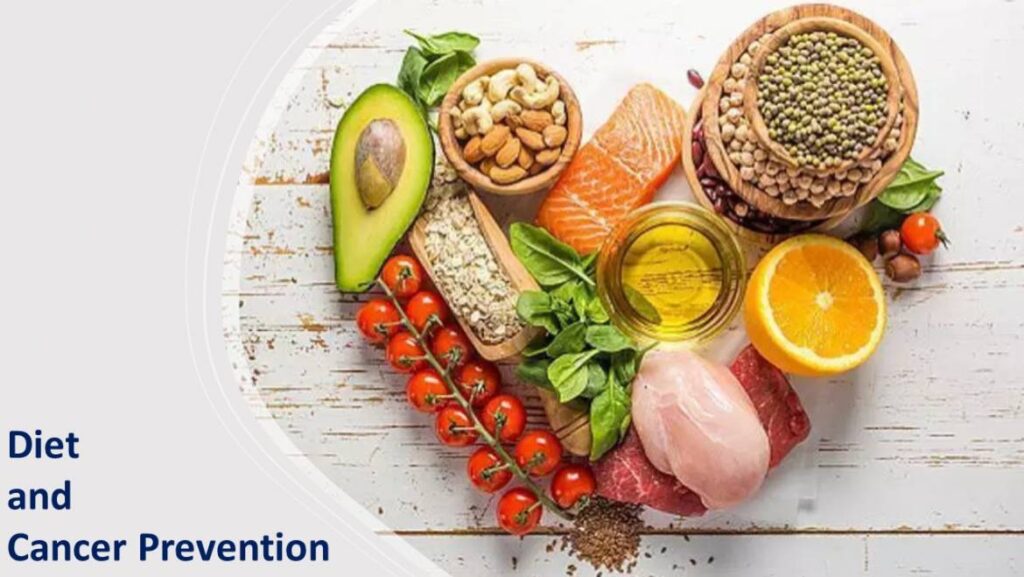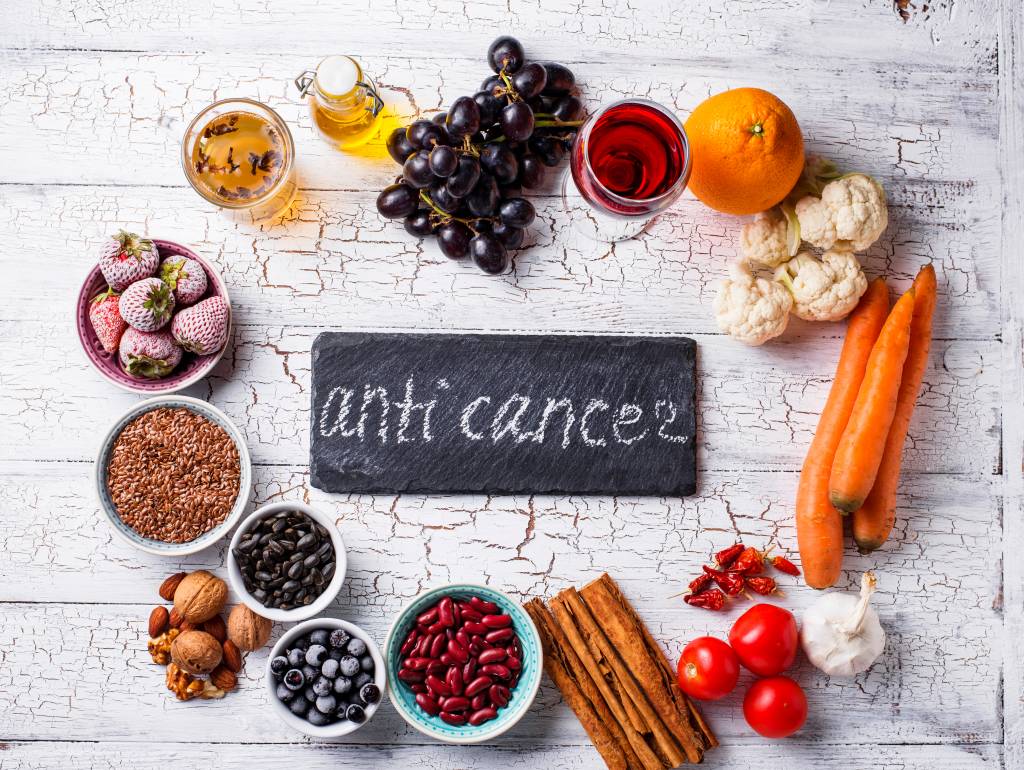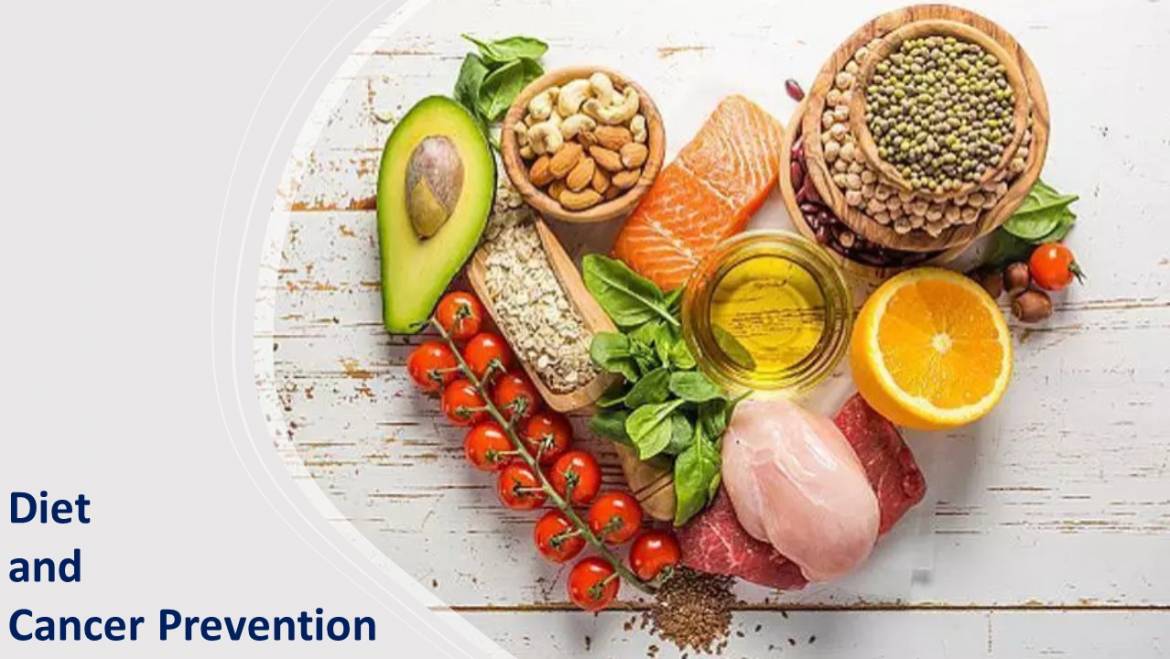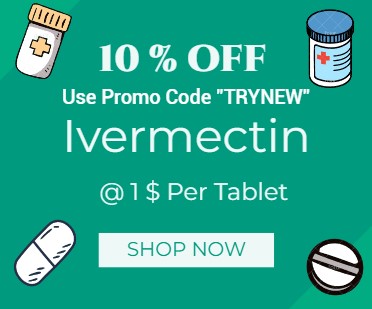
About thirty to thirty-three percent of the risk factors that lead to the start of cancer are related to diet. A number of malignancies have been linked to specific foods and dietary habits. For many foods, however, the results are contradictory, and it is still unknown how certain foods are related to the risk of cancer. This blog addresses the issues surrounding this topic as well as other crucial facts you should be aware of.
The primary characteristic of cancer is the loss of genetic control over the division and development of cells. Although the illness process is mostly caused by lifestyle and environmental factors, it is a genetic issue. Cancer prevention has a lot of potential because these factors include food, tobacco use, excessive body weight, alcohol intake, physical inactivity, obesity, and sun exposure.
There is evidence that nutrition, food, and other related factors like physical activity, alcohol intake, or obesity have a significant impact on cancer risk when combined with modifiable lifestyle factors. But even after years of study, there is still little scientific proof of the impact of numerous particular foods and minerals on cancer, which has hindered efforts to draw conclusions. Studies were planned to look at the connection between food and chronic illnesses like cancer.
A proactive approach to lifestyle modifications can dramatically lower the incidence of cancer.

Obesity and cancer: What’s the connection?
The American Cancer Society reports that excessive alcohol use, poor diet, being overweight or obese, and sedentary activity account for one in five preventable deaths in the US. It is true that being overweight or obese raises your risk of developing numerous cancers. If statistics are to be trusted, then around two thirds of Americans are obese or overweight. However, keeping a healthy weight throughout life is one of the most important things you can do to prevent cancer. Maintaining weight can be achieved through a balance between physical activity and calorie intake from food and beverages.
The American Cancer Society advises cutting back on food portions and snacking in between meals to prevent gaining too much weight. Reducing your intake of meals and drinks that are rich in calories, added sugars, andIt’s also crucial to avoid fats deficient in beneficial elements. Additionally, maintaining a healthy weight is facilitated by frequent physical activity.
Dietary Guidelines for cancer prevention
Cancer may be prevented in part by maintaining a healthy weight, eating a balanced diet, and limiting your exposure to food-borne carcinogens. This is the list of essential dietary components to help achieve these objectives.
- Increase your intake of entire grains, legumes, fruits, and vegetables.
- Restrict your intake of smoked and salty foods.
- Limit your consumption of processed foods and red meat.
- Avoid sugar-filled drinks and use alcohol sparingly.
These suggestions could be helpful in lowering the risk, especially if there is a higher-than-average risk of cancer, especially if that risk is attributed to other factors like heredity. Adhering to these recommendations lowers the chance of developing more chronic illnesses. Speak with a physician for additional details regarding how eating habits may be impacted by cancer.
Grains help to protect against cancer!
The American Cancer Society suggests limiting your intake of alcohol and meat and adopting a plant-based diet. When ingested in proportions found in a diversified diet, some nutrients and food elements found in fruits, vegetables, legumes, and whole grains may work as an anti-cancer agent. Including these plant-based items in your diet also helps you maintain a healthy weight, which is essential for preventing cancer.
Reduce consumption of processed meat and red meat
It has been demonstrated that consuming more meat increases the chance of developing cancer since it exposes people to chemicals that might cause cancer when cooked and processed. Eating such meals can cause weight gain, which raises the risk of cancer. Red meat is most likely carcinogenic, and processed meat is hazardous to humans, according to WHO research. Overindulgence in red meats (pork, beef, and lamb) and processed foods (hot dogs and bacon) may raise the risk of stomach, pancreatic, and total cancer deaths. Moreover, red meat and processed meat are heavy in fat, especially saturated fat, which raises the risk of cancer and obesity.
Salty foods and stomach cancer
Pickled and other salty foods are more likely to increase one’s risk of stomach cancer, especially when consumed in large quantities. Research studies have shown a close association between salt intake and gastric cancer.
Avoid sugar-sweetened beverages!
Energy drinks and soft drinks with added sugar are loaded with calories and added sugar, but they are low in vitamins and minerals and other essential nutrients. Drinking these drinks increases the risk of cancer associated with obesity. Instead of drinking more sugar-sweetened beverages, try drinking more water or other healthful liquids.
Making the right decision about cancer treatment
Those who have been diagnosed with cancer, as well as their loved ones, must decide on a course of medical therapy. If it’s not an emergency, take your time in selecting the best course of action, consult your doctor, and consult with your loved ones.
Treatment-related decisions are very personal, therefore you should be happy with the decisions you make. Generally speaking, the type of cancer and its stage of diagnosis will determine the treatment plan. Surgery, chemotherapy (using cancer tablets to kill cancer cells), radiation therapy (using energy beams to destroy cancer cells), bone marrow transplantation, immunotherapy, hormone therapy, and other treatments are available for cancer patients. Cancer cells can occasionally be eradicated by a combination of therapies, such as surgery and anticancer medications. Cancer medications are readily available accessible online, and the greatest prices for anticancer medications can be found there. The goal of treatment is to eradicate cancer so that the patient can have a normal life. In the event that a cure is not achievable, treatment options may include anticancer medications to lessen or impede the spread of your cancer. A patient with cancer can live a long time without experiencing any symptoms thanks to medication and good care.
Summary
A low-fat plant-based diet has the potential to significantly lower cancer risk, especially for those who are already at an elevated risk. It is recommended by the American Cancer Society to keep a healthy weight throughout one’s life. A balanced diet and consistent exercise are essential for maintaining a healthy weight. Additionally, as prescribed by your physician, purchase cancer therapy pills to eradicate cancer cells.





